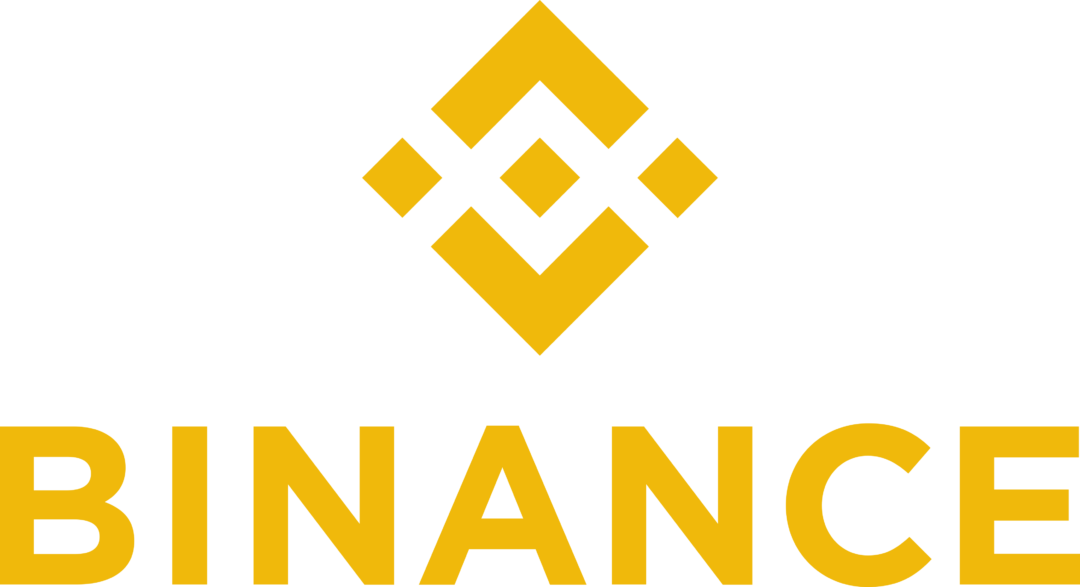The European Union (EU) is considering creating new rules and restrictions for BTC and cryptocurrencies.
Do not miss: WHERE TO BUY BITCOIN AND CRYPTOMEN
Two hypotheses come into consideration
Among the first rules would be to legally limit the amount of BTC and cryptocurrencies that banks can hold.
It is a bill that yesterday she suggested The Green Party, which would see banks in the European Union that hold cryptocurrencies face particularly high limits and capital requirements.
However, it must be said that although it has European Green Party (EGP) 52 MPs of the total 751, has no representative either in the European Commission or in the European Council. So it does not seem at all easy to find a majority to support this proposal, since the Greens are not part of the current majority in the European Parliament.
However, the proposal presented by Finn Ville Niinistö is in some ways similar to the proposal presented by the Basel Committee to always regulate the relationship between banks and cryptocurrencies, but it is still in the consultation phase.
Niinistö's proposal is to consider cryptocurrencies as class 2 assets, i.e. with the highest risk rating, so that banks would not be able to use them for loans, for example. In addition, there would be a limit on banks' exposure of 1 % of their capital.
EU: Bitcoin rules
Some cryptocurrencies would fall into Class 1, but they would only be regulated stablecoins. It's strange how Bitcoin is considered equal to the worst altcoins in this proposal. He is not yet among those less familiar with cryptocurrencies vast difference between Well understood by Bitcoin, Ethereum and other cryptocurrencies, although at least the difference between stablecoins and real cryptocurrencies is becoming clear.
The second hypothesis is the establishment of a new agency created to combat money laundering. It's not really just an idea, but proposal, which is apparently already in an advanced stage. The new agency will be called the Anti-Money Laundering Authority (AMLA) and its creation already has the support of the European Council.
The agency will not specifically deal with cryptocurrencies, but given that it is explicitly dedicated to combating money laundering, it will certainly deal with crypto transactions that are considered suspicious from this point of view.
Specifically, it was the EU Council that wanted to give AMLA powers to supervise not only certain types of credit and financial institutions, but also crypto service providers.
It seems very likely that such an agency will be established soon, so much so that it could start operating as early as next year. However, the details are not yet clear to understand what impact this could have on the day-to-day use of cryptocurrencies in the EU.
You might be interested in: 7 FAVORITE WAYS TO BUY A BITCOIN CARD IN 2022











